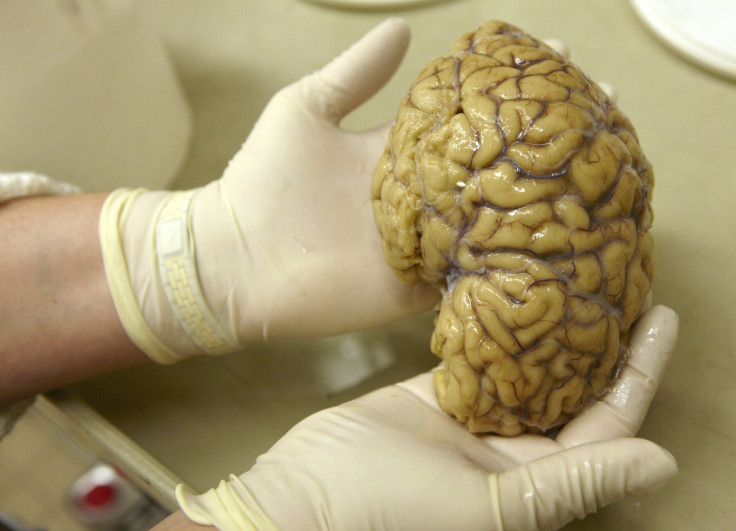Brain scans show how people justify killing other humans

The motives for killing another person can differ vastly, from premeditated murder to snap decisions. A new study has revealed the brain's role when it comes to processing the moral judgement of the act.
The study – whose results were published in the journal Social Cognitive and Affective Neuroscience – examined how the human brain reconciles the act of killing. Researchers found that the lateral orbitofrontal cortex (OFC) which is located close to the eyes responds differently according to the situation.
The study was led by psychologist Dr Pascal Molenberghs from Monash University in Melbourne, Australia.
Justified killing
Molenberghs recruited 48 people to play the videogame Counter-Strike, in which the player shot either a civilian or a soldier in the first person. As they played the game, the subjects had their brain activity recorded using functional magnetic resonance imaging (fMRI).
"When participants imagined themselves shooting civilians compared to soldiers, greater activation was found in the lateral orbitofrontal cortex (OFC), an important brain area involved in making moral decisions," Molenberghs said.
"The more guilt participants felt about shooting civilians, the greater the response in the lateral OFC. When shooting enemy soldiers, no activation was seen in lateral OFC."
PTSD cure
Killing enemy soldiers is often considered to be justified and the results give an insight into how extreme acts of violence during war are perceived as legitimate.
"That was quite remarkable in that there was not even a little bit of activity," Molenberghs said. "This area of the brain is switched off when the feeling of displeasure is switched off because they believe the violence is justified."
The results could prove to be important for treating and managing post-traumatic stress disorder (PTSD). People who suffer from PTSD can experience difficulty in connecting emotionally with other people.
"Perhaps we could train people in the future to increase the activity in this area of the brain and allow them to reconnect with their feelings over time," he said.
© Copyright IBTimes 2025. All rights reserved.






















